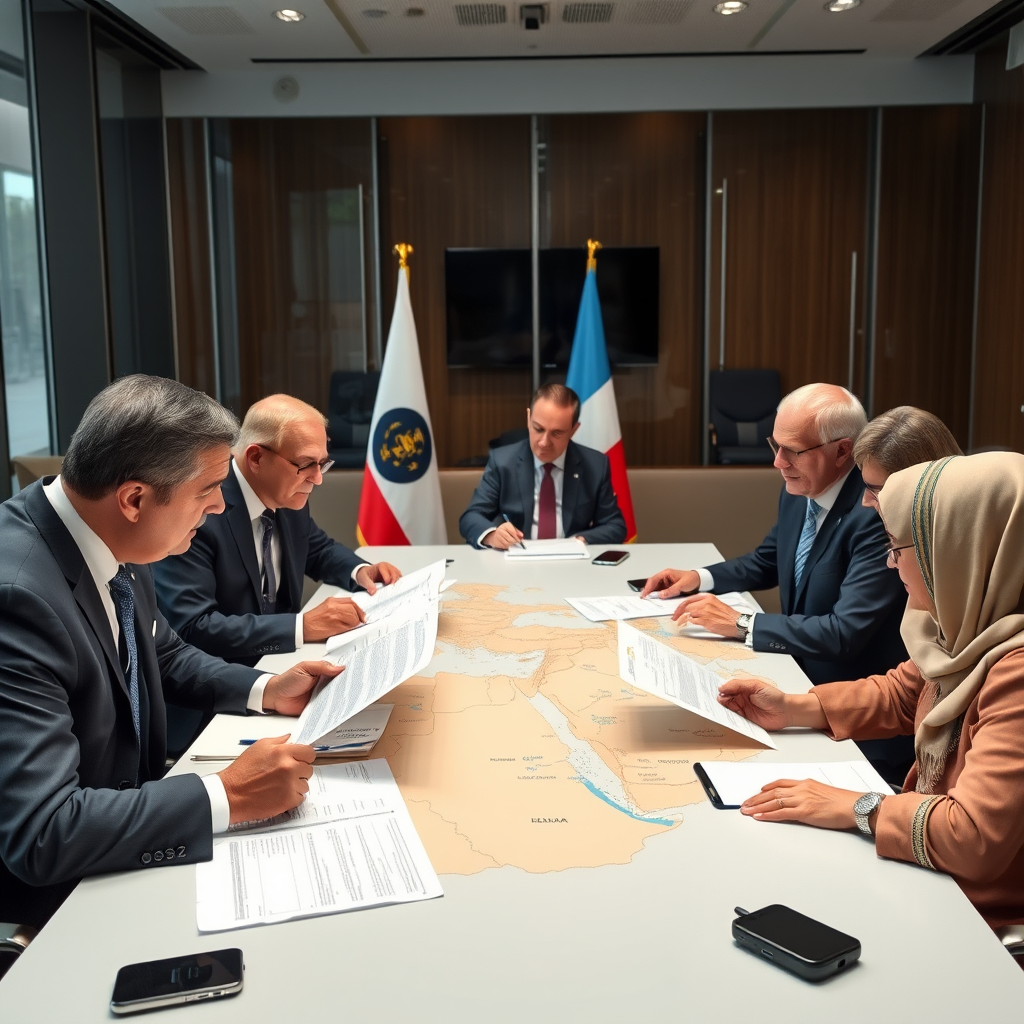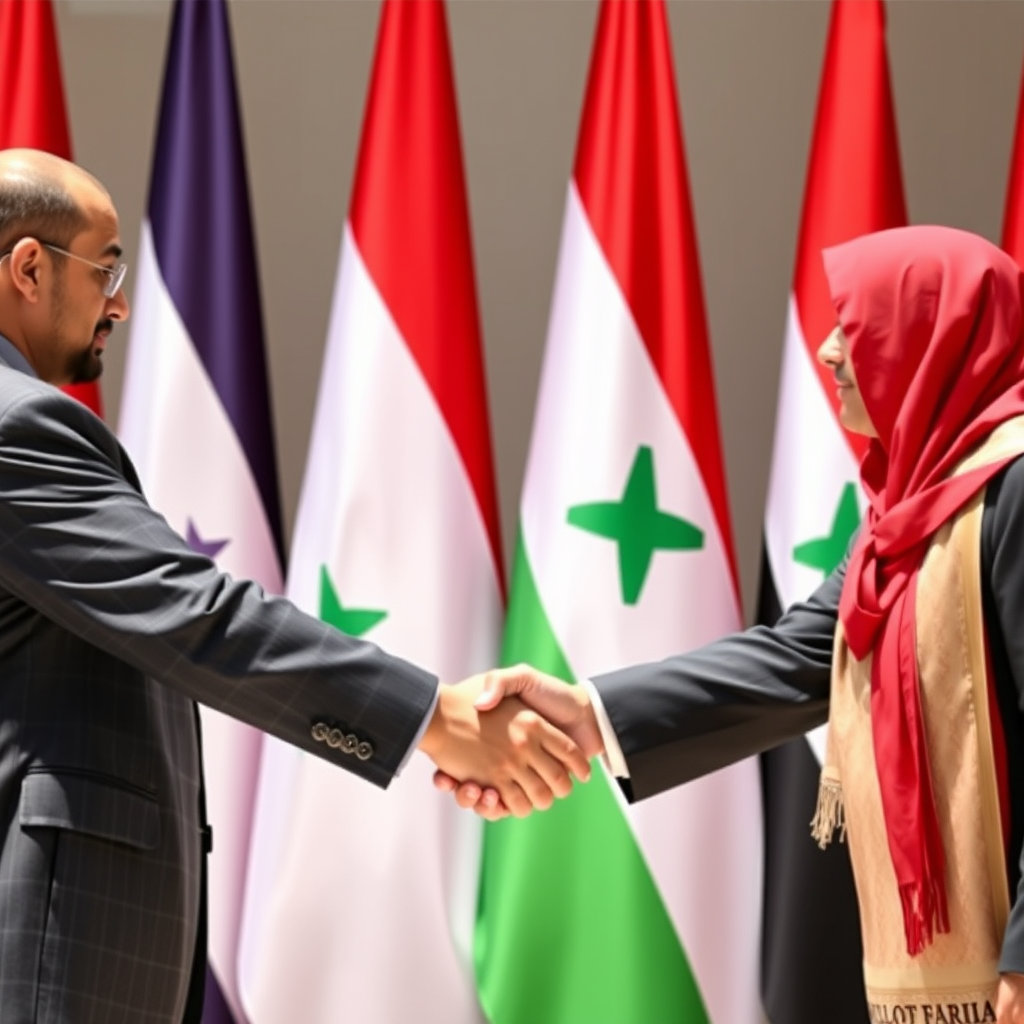Middle East Peace Talks: Progress and Persistent Challenges

The latest round of Middle East peace talks has yielded both encouraging developments and sobering reminders of the complex challenges that continue to shape regional diplomacy. As international mediators work tirelessly to repair fractured relationships between neighboring nations, the path toward lasting stability remains fraught with obstacles.
Recent Diplomatic Breakthroughs
Over the past month, several significant diplomatic initiatives have emerged across the region. Key stakeholders have demonstrated renewed commitment to dialogue, with multiple bilateral meetings taking place in neutral venues. These discussions have focused on establishing frameworks for economic cooperation and addressing long-standing territorial disputes.
International observers note that the current diplomatic climate represents the most promising opportunity for progress in recent years. The involvement of major global powers as mediators has provided additional momentum to these efforts, creating an environment where previously intractable issues can be addressed with fresh perspectives.

Persistent Geopolitical Challenges
Despite these positive developments, significant challenges continue to complicate the peace process. Historical grievances, competing national interests, and complex regional alliances create a web of interconnected issues that require careful navigation by all parties involved.
Security concerns remain paramount, with ongoing tensions affecting the ability of negotiating parties to make substantial concessions. The need to balance domestic political pressures with international diplomatic objectives presents an additional layer of complexity for regional leaders.
Economic factors also play a crucial role in shaping the negotiation landscape. The potential for increased trade and investment serves as a powerful incentive for cooperation, yet disagreements over resource allocation and economic partnerships continue to create friction between various stakeholders.
International Community Response
The international community has responded to these developments with cautious optimism. Major world powers have pledged continued support for the peace process, offering both financial assistance and diplomatic expertise to help sustain momentum.
Regional organizations have also stepped up their involvement, providing platforms for dialogue and facilitating communication between parties that might otherwise struggle to engage directly. This multilateral approach has proven essential in maintaining the delicate balance required for productive negotiations.

Looking Ahead: Opportunities and Obstacles
As negotiations continue into the coming months, several key factors will determine the ultimate success of these peace initiatives. The ability of all parties to maintain their commitment to dialogue, even in the face of domestic political pressures, will be crucial for achieving meaningful progress.
The role of civil society organizations and grassroots movements cannot be understated in this process. Their efforts to recharge public support for peace initiatives and repair community relationships damaged by years of conflict provide an essential foundation for any lasting diplomatic agreement.
Technical aspects of implementation will also require careful attention. The establishment of monitoring mechanisms, verification procedures, and dispute resolution frameworks will be essential for ensuring that any agreements reached can be effectively maintained over time.
The Path Forward
While significant challenges remain, the current diplomatic momentum represents a valuable opportunity for progress in Middle East peace efforts. The combination of international support, regional engagement, and renewed commitment from key stakeholders creates conditions that could lead to meaningful breakthroughs.
Success will ultimately depend on the willingness of all parties to make difficult compromises and maintain their focus on long-term regional stability rather than short-term political gains. The international community's continued support and the persistence of diplomatic efforts will be essential in navigating the complex path ahead.
As these talks continue to evolve, the world watches with hope that the current diplomatic initiatives will yield lasting results and contribute to a more stable and peaceful Middle East region for future generations.